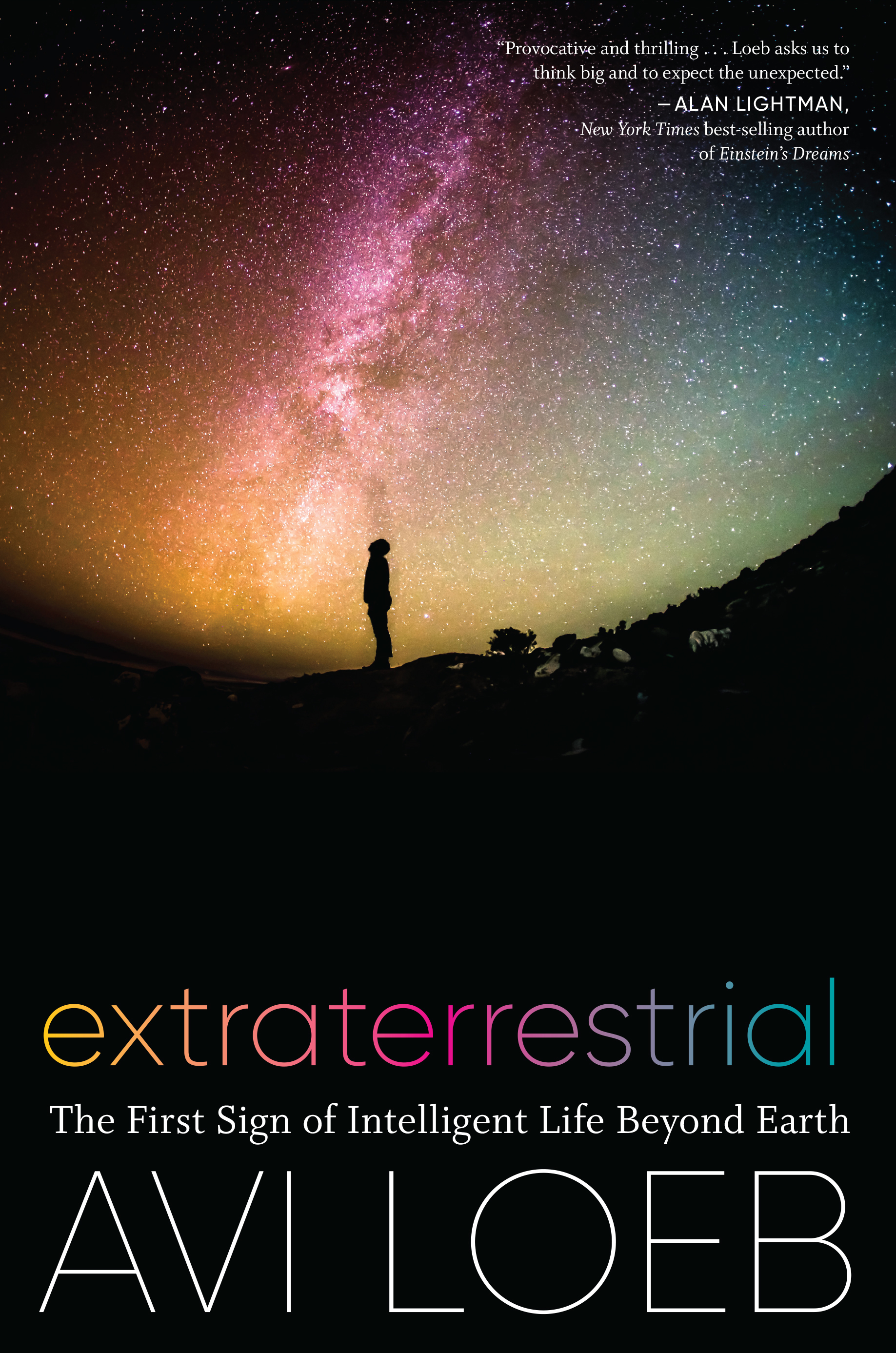What do you think?
Rate this book


240 pages, Hardcover
First published March 15, 2021
The Hawaiian word 'oumuamua . . . is loosely translated as "scout." In its announcement of the object's official designation, the [IAU] defined 'oumuamua slightly differently, as "a messenger from afar arriving first." Either way, the name clearly implies that the object was the first of others to come.Holy cow, I'm not afraid to say this freaked me out a bit! Could evidence of intelligent life have really whizzed by our Sun a few years ago and we were none the wiser?
If evidence of extraterrestrial life appeared in our solar system, would we notice it? If we were expecting the bang of gravity-defying ships on the horizon, do we risk missing the subtle sounds of other arrivals? What if, for instance, that evidence was inert or defunct technology — the equivalent, perhaps, of a billion-year-old civilization’s trash?
Some of the resistance to the search for extraterrestrial intelligence boils down to conservatism, which many scientists adopt in order to minimize the number of mistakes they make during their careers. This is the path of least resistance, and it works; scientists who preserve their images in this way receive more honors, more awards, and more funding. Sadly, this also increases the force of their echo effect, for the funding establishes even bigger research groups that can parrot the same ideas. This can snowball; echo chambers amplify conservatism of thought, wringing the native curiosity out of young researchers, most of whom feel they must fall in line to secure a job. Unchecked, this trend could turn scientific consensus into a self-fulfilling prophecy.
In astronomy, we realize that matter takes new forms over time. The matter we are made of was produced in the heart of a nearby massive star that exploded. It assembled to make the Earth that nourishes plants that feed our bodies. What are we, then, if not just fleeting shapes taken by a few specks of material for a brief moment in cosmic history on the surface of one planet out of so many? We are insignificant, not just because the cosmos is so vast, but also because we ourselves are so tiny. Each of us is merely a transient structure that comes and goes, recorded in the minds of other transient structures. And that is all.
